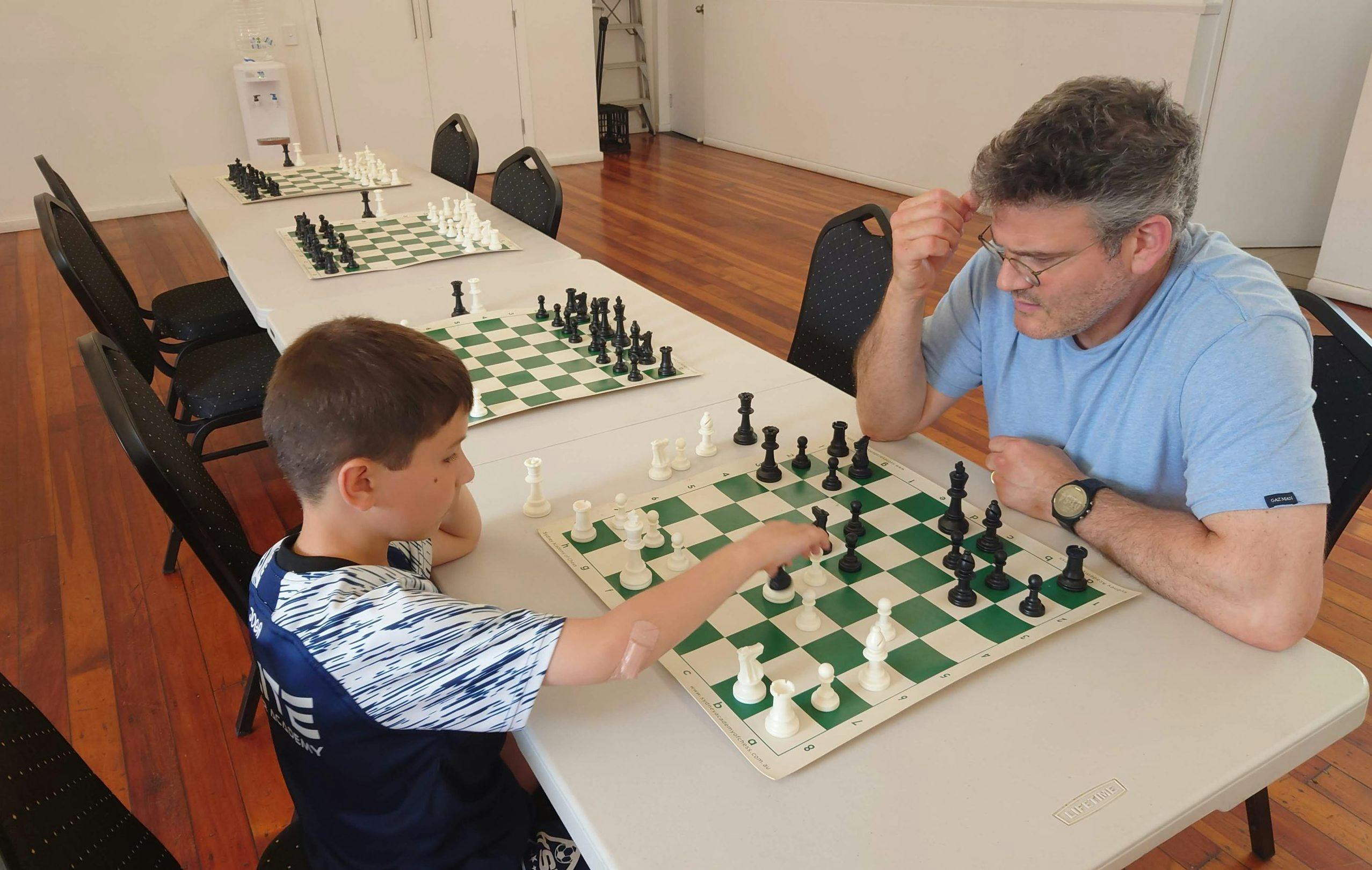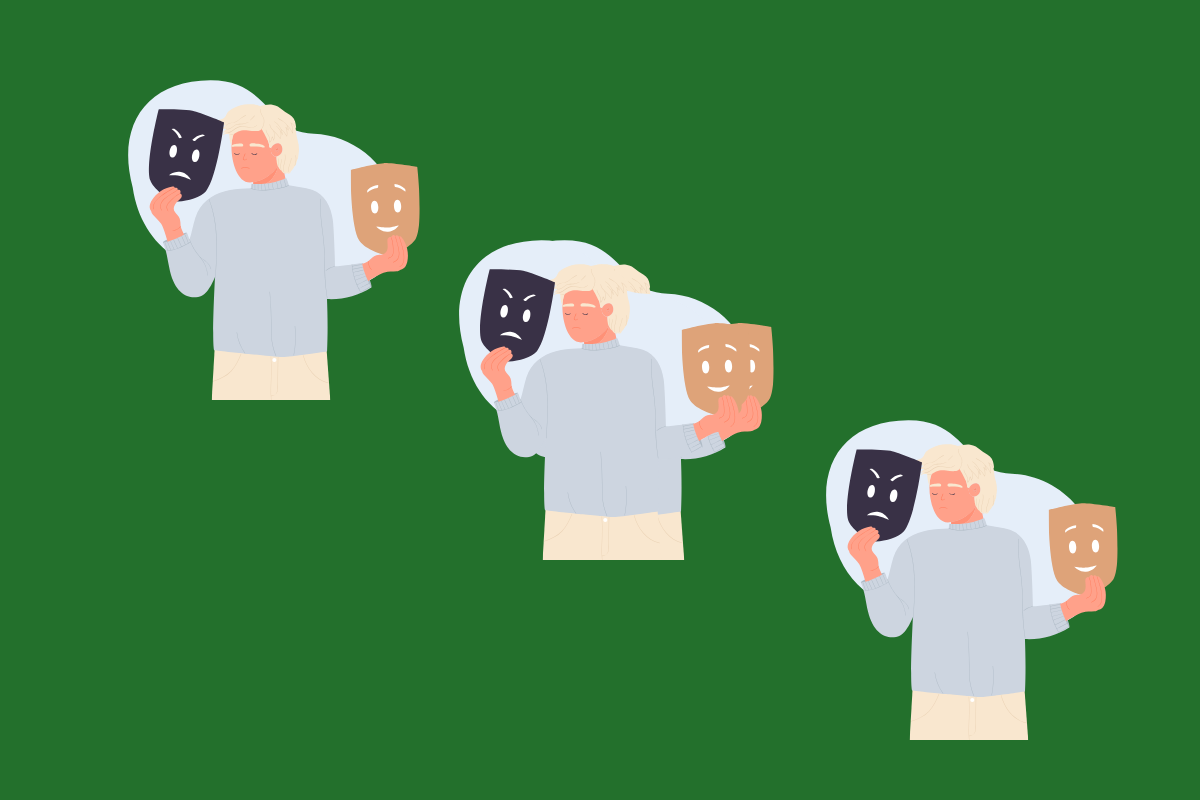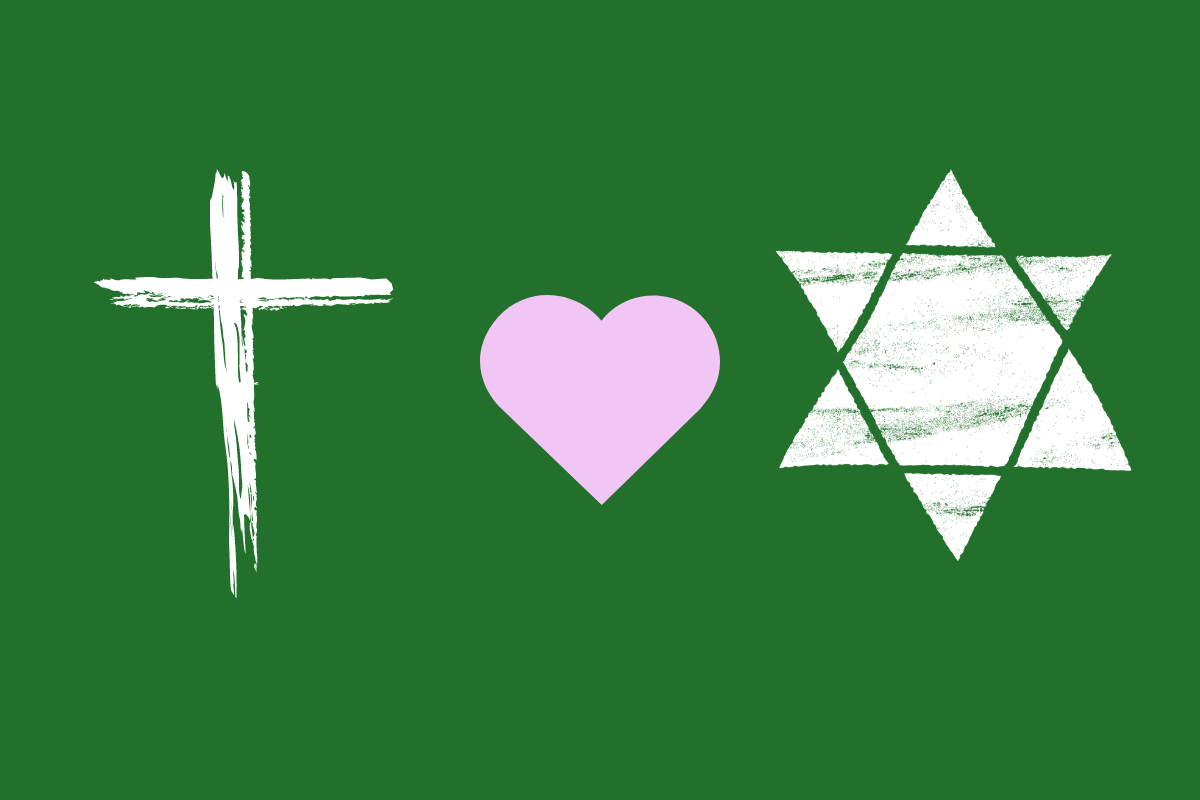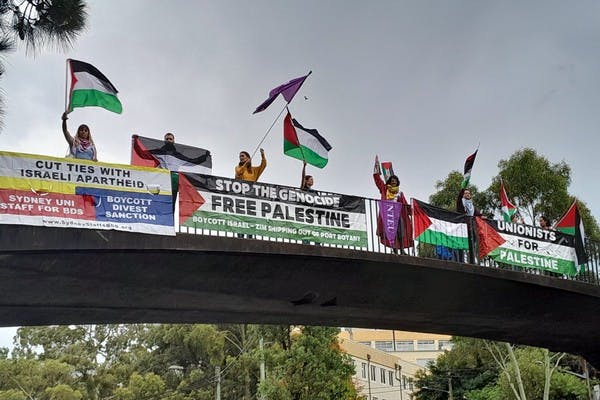Published: 18 April 2024
Last updated: 18 April 2024
A new initiative aims to pit the oldest members of Sydney's Jewish community against its youngsters with benefit to both.
A Pesach intergenerational chess tournament will see members of seniors’ organisation COA Sydney battle it out with junior players from Moadon Chess, which runs weekly sessions for kids aged five and above.
Timing the event with Pesach next week was an important consideration for older Jews who can feel isolated during the festival, co-organiser Robbie Clifford explains to The Jewish Independent.
He says the tournament will be critically beneficial for seniors — the social nature of chess provides camaraderie; the game’s logic and strategy builds mental stimulation; and playing against younger people adds a layer of meaning.
“Chess is a game that’s been around for a long time and is one that transcends age,” said Clifford, who is general manager at COA Sydney.
“It’s really an opportunity for groups which are usually restricted to their own age to step out of that, have a different experience and build connections.
“It gives a lot of nachas to the seniors to be able to play with young chess students. There’s a lot of people who have experience and expertise in chess and don’t have an opportunity to play a lot and utilise their skills. We’re giving them that in a way which is really fun.
“It’s absolutely a feel-good moment.”
The tournament provides different advantages for the for the younger players. Shay Levin, who leads Moadon Chess’ beginner group, says the game provides important life skills for children.
“It is chess, but it’s also a connection to the community, a connection to culture and an opportunity to be connected to lifelong skills.”
Yael, Sydney-based parent of 12-year-old Alon, who plays chess with Moadon
“Chess has qualities that not many other activities have. It provides a very different way to look at the world, to be strategic and calculate your moves.
“Chess also requires kids to sit down and totally focus on a very complicated game – there are very few things today in the life of kids that take their full focus. That is very rare to see these days.”
Levin was instrumental in helping establish Moadon Chess Sydney around two years ago, following his successful experience running Maccabi’s only chess club in Australia while he lived in Perth.

He wants this tournament to encourage more Jews to engage with chess, which he says has become “more and more rare”.
“If you go to a chess tournament today, you barely see Jewish kids. I see so many kids in the Jewish community who have great potential to be great players, but the approach or the attitude, especially from parents and schools, isn’t so positive.
“It’s something the Jewish community needs, to bring people together, especially in Sydney where it is very segregated. Chess is a good way to connect people.”
Sydney-based parent Yael, whose 12-year-old son Alon plays with Moadon, makes chess a priority in her family to not only help encourage improved cognition, but importantly to support the initiative in the eastern suburbs and connect with other members of the Jewish community.
“The Australian lifestyle offers many sporting opportunities, which we love, but there’s not enough focus on supporting cognitive development – that sense of ingenuity, creativity, innovation,” she told TJI.
“It’s quite tricky for parents to find the avenues to instill these things in children. They grow up so quickly and our window to influence what they’re exposed to is very short and narrow.
“It is chess, but it’s also a connection to the community, a connection to culture and an opportunity to be connected to lifelong skills.”
The tournament’s organisers are hopeful that it will act as a stepping stone for many more competitions, with Clifford seeing the inaugural event becoming an annual initiative, while Levin wants Moadon to partner with more Jewish organisations and give greater exposure to his young players.
For now, both parties are heavily invested in making this tournament a success for everyone involved.
“Age is not relevant when you play chess. Players will look at each other as equals and it will connect different generations,” Levin concluded.
“In chess, there’s no such thing as losing – it’s either winning or learning something to be better next time. I think that’s a really great way to think about this tournament.”
All ages are invited to compete in the Pesach intergenerational chess tournament, which will be held on Sunday 28 April from 9.30am at COA Sydney. Special prizes and kosher le Pesach refreshments will be on offer throughout the event.
Participating in the tournament costs $15, while family and friends are encouraged to watch for free. Register your place and find out more online.





Comments
No comments on this article yet. Be the first to add your thoughts.